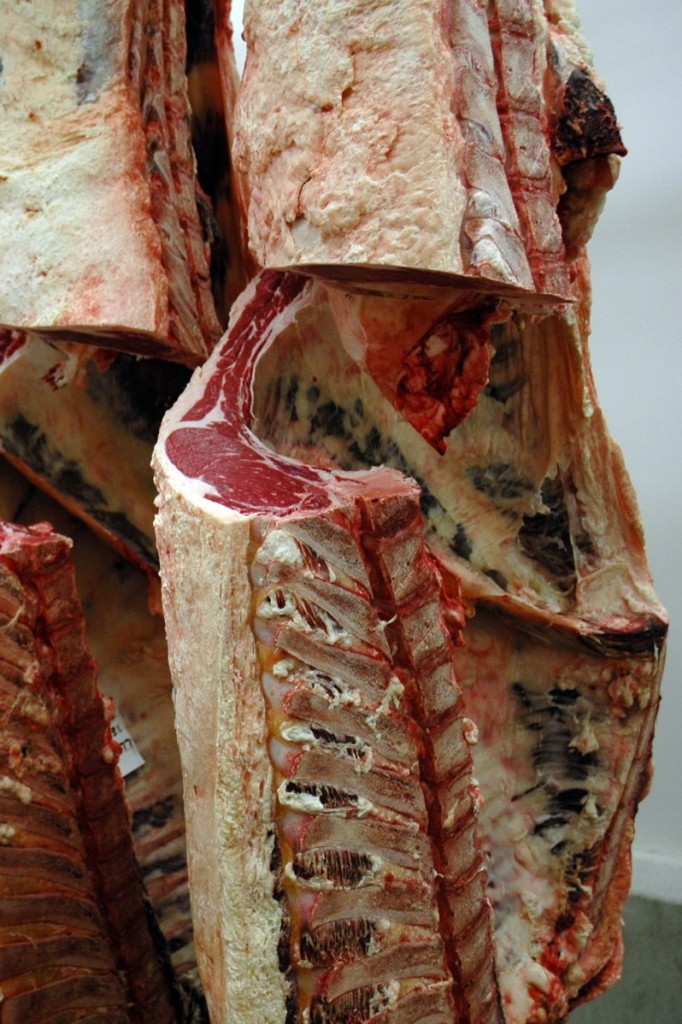Three-night Aggie Beef 706 goes virtual
AgriLife Extension offers ‘food side’ education to ranching industry
For the first time since its creation in 1993, Texas A&M AgriLife Extension Service’s Aggie Beef 706 program will be held virtually. Ranchers, educators and allied business people are invited to learn the same valuable concepts traditionally taught in Beef 706.

Participants will attend three successive night sessions on Aug. 11-13 from 6:30-8:45 pm. The event is free, but does require advance registration, regardless of how many sessions attended.
“This Virtual Aggie Beef 706 will teach producers about the food side of their industry,” said Dan Hale, Ph.D., AgriLife Extension associate director and meat specialist, College Station.
“Cattlemen do a great job of raising cattle. But a lot of times they sell those animals, and they don’t have any idea what happens to them after they leave the ranch or leave the feed yard,” Hale said. “This gives them a better idea of where value continues to go as the animal moves through the beef value chain from market-finish steer to boxed beef.”
Presenters for the three days include Hale and Jason Cleere, Davey Griffin, Ron Gill and Joe Paschal, all Ph.D.s and AgriLife Extension specialists with Texas A&M University’s Department of Animal Science. Rick Machen, Ph.D., with the King Ranch Institute, which is part of Texas A&M at Kingsville, will also participate.
Topics of discussion
On Aug. 11, participants will learn about how cattle grow and develop in the feed yard, how to evaluate the carcass quality and cutout from live animal characteristics, and about beef carcass quality and yield grading.
For the second session on Aug. 12, participants will learn what happens as the beef carcass is merchandised into the different meat cuts, how much bone and fat are in a carcass, and how much of a carcass is made up of the high-priced meat cuts such as tenderloin and ribeye.
To close out the course on Aug. 13, participants will hear production experts give helpful pointers on maximizing the value of cattle through genetics and beef management practices.
During the program participants will follow a set of market cattle of differing types from steer to steak, Hale said.
“Thanks to the incredible generosity of the Texas Beef Council, there will be no charge for this year’s program,” he said.


